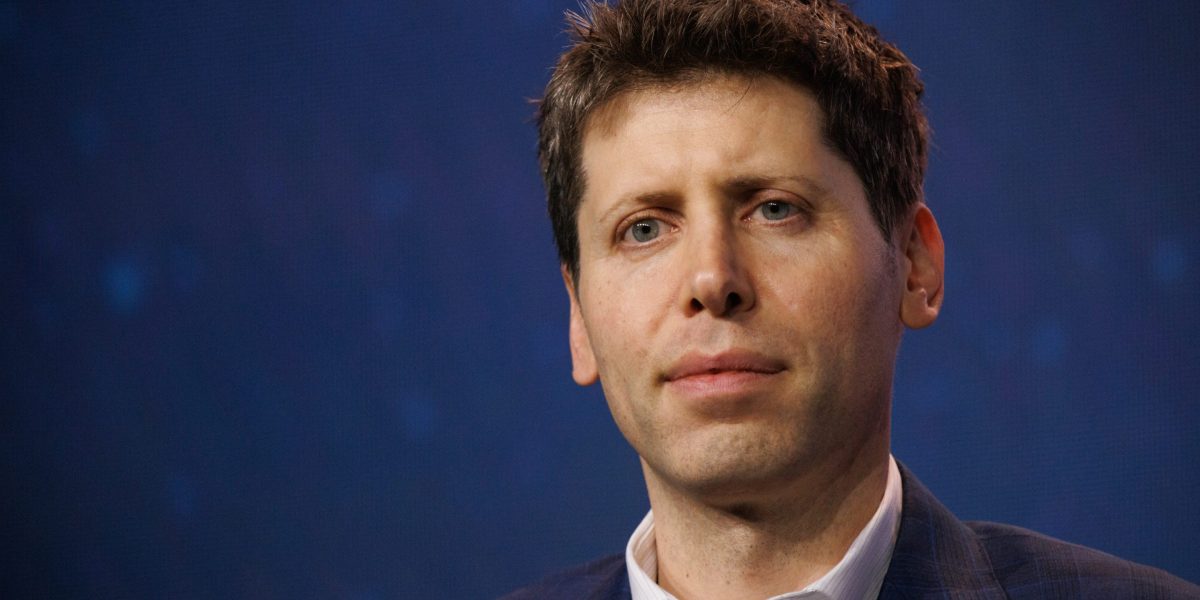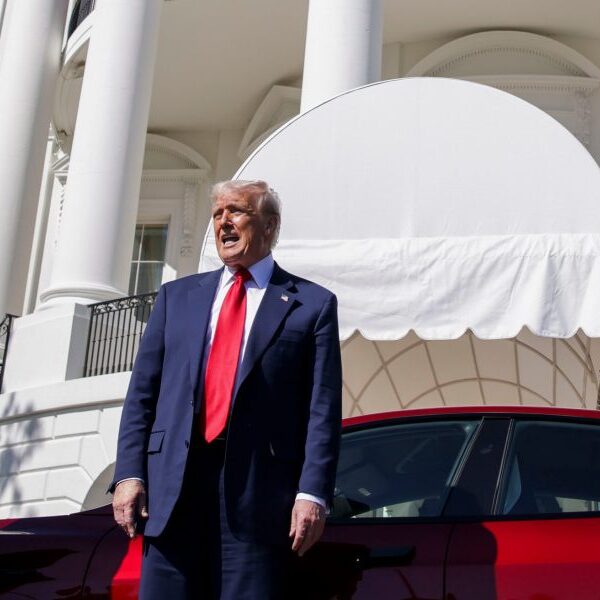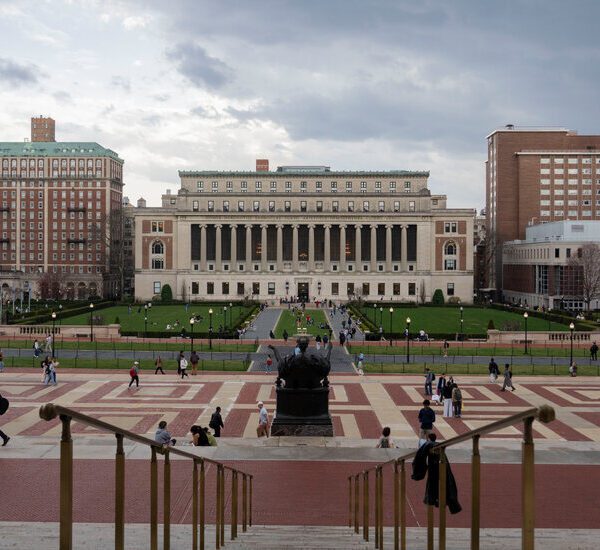
- Three swing state voters are suing Elon Musk, alleging the tech billionaire failed to pay them money promised to them in return for signing a petition from his America PAC. The October before the 2024 election, Musk offered voters in seven states $47, and later $100, for signing a petition and referring others to sign. America PAC raised $200 million for Trump.
Elon Musk’s America PAC failed to pay swing state voters after promising them money in exchange for signing a petition or referring others to sign ahead of last year’s election, a new proposed national class action suit alleges.
The October before the election, America PAC began offering $47, then later $100, to voters in seven swing states who agreed to sign a petition pledging “support for the First and Second Amendments,” according to a social media post about the offer. Participants who referred other registered voters to sign the petition were also offered money for each additional signee they referred.
The three plaintiffs allege America PAC failed to fulfill its contract obligations by not paying petition-signers in full, according to court filings obtained by Fortune through Court Watch. The plaintiffs expect more than “100 class members” to join the lawsuit, owed collectively more than $5 million, the filing said.
“This case is about a broken promise: Elon Musk promised supporters that they would be paid for signing a petition and referring others to do the same,” Shannon Liss-Riordan, of Lichten & Liss-Riordan, the law firm representing the plaintiffs, told Fortune in an email. “Our clients relied on that promise because they believed in Elon, but unfortunately, that promise was not kept. It appears the promise was broken for many others as well.”
The lawsuit was filed last week in a federal court in the eastern district of Pennsylvania, a swing state that saw $1.2 billion in campaign ads for the 2024 election. America PAC raised more than $200 million since its May 2024 founding—much of it donated by its founder Musk—for Donald Trump’s presidential campaign.
A Pennsylvania man who canvassed for the PAC filed a similar lawsuit in April, alleging he was owed $20,000 in collected signatures. The plaintiff, a John Doe, claimed America PAC failed to deliver on the payment promised by Nov. 30.
America PAC did not respond to Fortune’s request for comment, but spokesperson Andrew Romeo denied wrongdoing in a statement to CNN regarding the April lawsuit.
“America PAC is committed to paying for every legitimate petition signature, which is evidenced by the fact that we have paid tens of millions of dollars to canvassers for their hard work in support of our mission,” Romeo said.
Tesla didn’t immediately respond to a request for comment from Musk.
America PAC’s legal gray area
In addition to doling out $100 to petition signers, Musk also promised to give away $1 million a day to signees in the month leading up to the election. America PAC said in October it gave a $1 million check to Shannon Tomei from McKees Rocks, Pennsylvania, its third such check at the time.
It adopted a similar strategy in Wisconsin’s special election in March, giving two voters $1 million checks and proclaiming them spokespeople for the political group.
Musk and the PAC donated $20 million to help conservative state Supreme Court candidate Brad Schimel in the election, though Schimel lost to liberal opponent Susan Crawford in the race that broke spending records.
The tech billionaire’s proclivity for cash gifts ahead of elections raised concerns among politicians and legal experts, who believed Musk’s actions crossed a legal boundary.
“I think there are real questions with how he is spending money in this race, how the dark money is flowing, not just into Pennsylvania, but apparently now into the pockets of Pennsylvanians. That is deeply concerning,” Pennsylvania Governor Josh Shapiro told NBC’s Meet the Press in October.
Rick Hasen, a UCLA Law School political science professor, argued Musk’s petition-signing incentive veered into illegal vote buying, because the only individuals eligible for cash in exchange for signing the petition and referring others to sign were registered voters.
Courts have not agreed Musk’s actions are illegal. Just days prior to the Wisconsin special election, an appellate court denied Wisconsin’s Democratic attorney general’s request to stop Musk from giving away the $1 million checks to the two voters.
Musk’s attorneys argued in court filings that the payments were “intended to generate a grassroots movement in opposition to activist judges, not to expressly advocate for or against any candidate.”
This story was originally featured on Fortune.com















